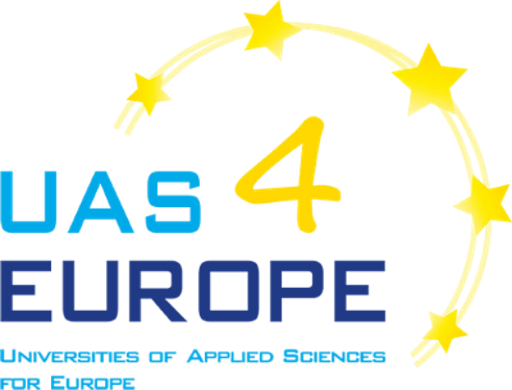UAS in Denmark collaborate with the LEGO Foundation in the education programme “Learning through Play“. So far, the LEGO Foundation has provided over 57 million Danish Krones (ca. 7.5 million EUR) for this programme in Denmark. The goal is to improve the daily life of children in schools and kindergarten. The programme is a co-creation process between UAS and the LEGO Foundation and focuses on the strengthening of the professional didactics towards more experimental and engaging approaches. The LEGO Foundation highlights the importance of play in the development and learning process of children. UAS help translate the latest research results into professional didactics. Through test runs, playful teaching methods are tested and experiments in so-called Play Labs show the significance of good learning environments for high-quality education. Finally, the aim is to teach children in an age-appropriate and engaging way.
In 2019, the collaboration between Danish UAS and the LEGO Foundation was enhanced with 24 million additional Danish Krones (ca. 3 million EUR). The UAS focus on building research competences and practice-based knowledge to develop professional didactics. The aim is to analyse how “Learning through Play” can be integrated into the education of future teachers. For this purpose, UAS examine all the problems that future teachers and educators will face in their daily lives.
9 senior researchers and 12 PhD fellows could join the project in 2019. They are working on deepening the “Learning through Play” programme and building capacities in the teaching schools. All 36 ambassadors at the six UAS support the project and serve to help influence colleagues and they in turn influence the students who will be transmitting the new experimental and engaging approaches to future generations of children and youth out in schools across the country.
On such a long-term perspective, when the project is completed, the schools may not be fundamentally transformed, but new teachers will hopefully have taken on board innovative didactic methods and approaches. In this way, a sustainable development of knowledge at teaching schools can be established.
